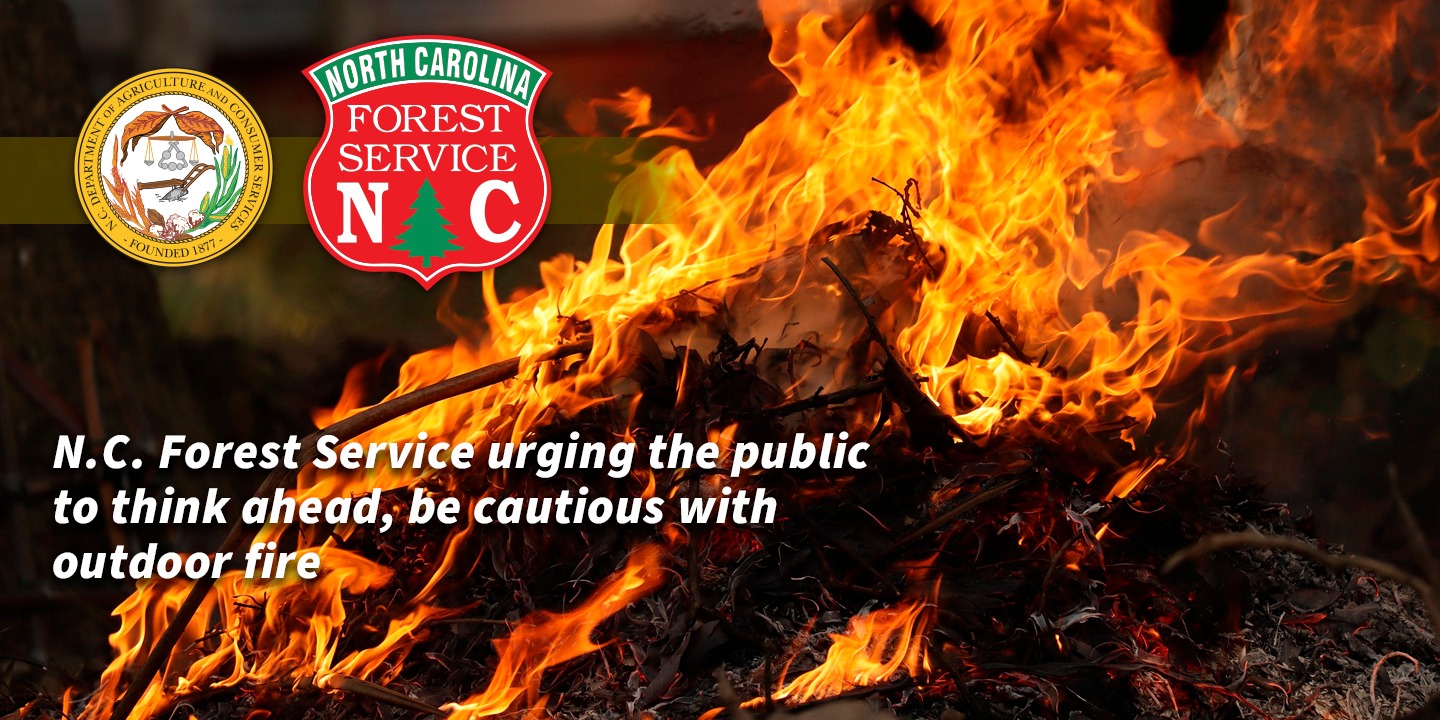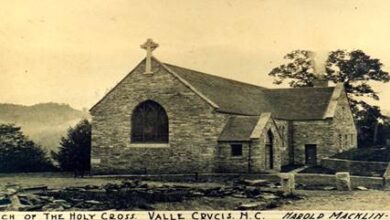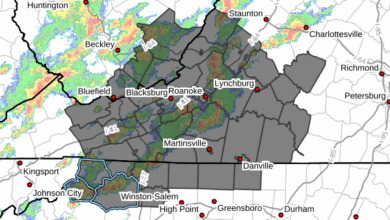
Last Updated on October 4, 2023 5:25 pm
RALEIGH – As North Carolina transitions to the fall, the N.C. Forest Service is reminding the public to be careful, ready and responsible when burning outdoors. Typically, wildfires occur more frequently from October through early December. Outdoor fires left unattended can get out of hand quickly, becoming wildfires that threaten lives and property. In 2022, there were nearly 6,400 wildfires that burned more than 24,000 acres in North Carolina, 99% of which were human caused.
“As more of our state’s acreage is developed and our population continues to grow, we’ll have more people actively living and recreating in areas where homes and forest and woodlands meet,” said Agriculture Commissioner Steve Troxler. “Increased human activity traditionally leads to more wildfires.”
North Carolina is in the top 5% nationally for the number of acreage and housing units in wildland urban interface (WUI). Recently identified in the North Carolina Forest Action Plan as a notable threat for increased wildfire impacts, WUI is the area where structures and other human development blend with undeveloped wildland, forest or vegetation. WUI acreage is increasing with more people moving to the state and into formerly rural areas. As of 2020, roughly 2.25 million homes and more than half of North Carolina’s citizens live in WUI areas.
“Backyard debris burning, escaped campfires and machine and vehicle use are common forms of human-caused wildfires,” Troxler said. “Steps to reduce wildfire risks begin at home by creating a defensible space and making fire-resistant landscape choices. Remember, you are our best defense against wildfires.”
For those who choose to burn, the N.C. Forest Service offers the following tips:
- Make sure you have a valid permit. You can obtain a burn permit at any N.C. Forest Service office or authorized permitting agent, or online at https://www.ncforestservice.gov/burnpermit.
- Check the weather. Never burn on dry, windy days.
- Keep your fire small, not tall.
- Be sure you are fully prepared before burning. To control the fire, you will need a water hose, bucket, steel rake and a shovel for tossing dirt on the fire. Keep a phone nearby, too.
- Never use kerosene, gasoline, diesel fuel or other flammable liquids to speed up burning.
- Douse burning charcoal briquettes or campfires thoroughly with water. Drown all embers, not just the red ones. When soaked, stir the coals and soak them again. Make sure everything is wet and that embers are cold to the touch. If you do not have water, mix enough dirt or sand with the embers to extinguish the fire, being careful not to bury the fire. Never dump hot ashes or coals into a wooded area.
- Never leave your fire. Stay with it until it is completely out.
Studies have shown that taking these and other measures can reduce the possibility of wildfires. For helpful information and tips to safely burn outdoors, visit our Fire Safety Outdoors webpage. Visit www.resistwildfirenc.org to learn more about creating a defensible space around your home to protect your property from wildfire.
















